Health
UNICEF calls for urgent action as 85.6% of children in Jigawa face monetary poverty
Published
2 months agoon
By
Ekwutos Blog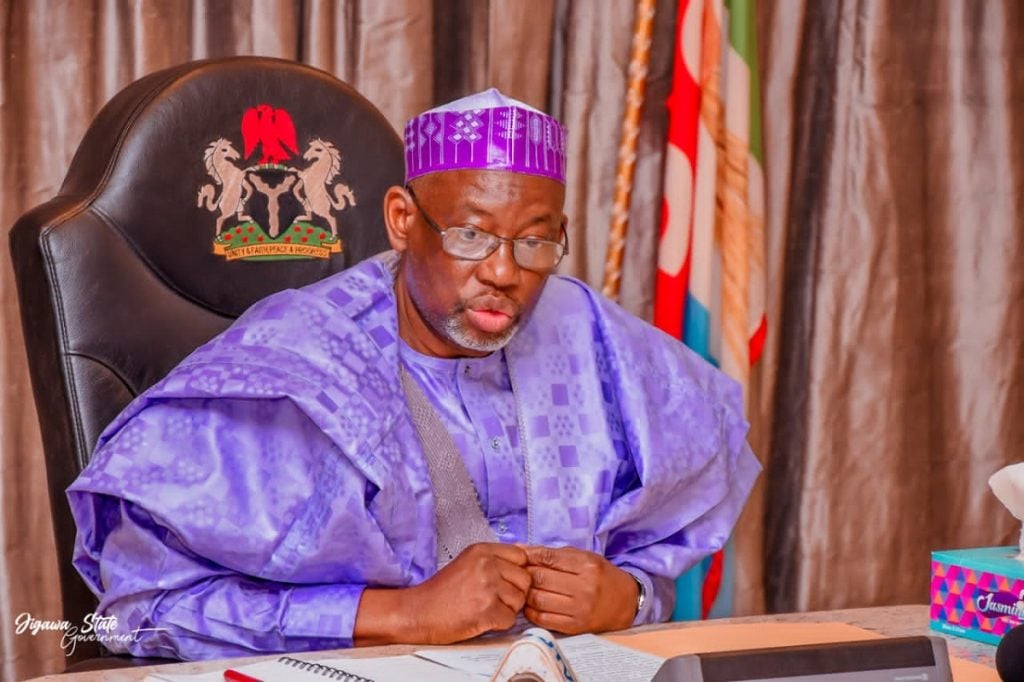
Over 89 percent of children in Jigawa State are living in multi-dimensional poverty, with 85.6 percent facing monetary poverty, according to a report from the United Nations Children’s Fund (UNICEF).
This alarming statistic was revealed by the Chief of UNICEF’s Kano Field Office, Rahama Rihood Mohammed Farah, during the launch of the Jigawa General Household Survey at the Government House banquet hall in Dutse. Farah, represented by Michael Banda, highlighted the urgent need for action from the 27 local government councils in the state to improve the conditions for affected children.
He stated, “89.4 percent of children experience monetary poverty, while 85.6 percent are multi-dimensionally poor, facing deprivation in at least three critical areas, including health, education, nutrition, water and sanitation, shelter, access to information, and child protection.”
UNICEF has called for immediate intervention to address the troubling levels of child poverty and ensure a brighter future for the children of Jigawa.
Farah added, “These figures show a sobering reality that children in Jigawa are deprived in multiple essential aspects of their lives. This underscores the urgent need for collective efforts to reduce child poverty and enhance their well-being.”
He also mentioned that significant strides have been made in strengthening systems to measure child poverty through the General Household Survey (GHS), and in developing important policies and action plans to address these issues. He emphasized that local government chairmen play a crucial role in using the evidence gathered for multisectoral planning and action to address child poverty in Jigawa.
UNICEF further emphasized that the challenges can be mitigated by strengthening collective efforts, ensuring that local government data is used effectively in decision-making, and designing structured social protection interventions targeting poor and vulnerable children.
The organization suggested measures such as the approval of an expanded social protection policy, the passage of a revised social protection bill, increased budget allocations for child-focused programs in sectors like health, education, and social protection, and a 30% increase in birth registration for children under five.
Farah congratulated the Jigawa State government and its people for the successful completion of the General Household Survey, which includes disaggregated data across the state’s 27 local government areas. He commended the initiative as a testament to the state government’s commitment to advancing child welfare and improving outcomes for vulnerable groups through evidence-based decision-making.
He concluded by acknowledging UNICEF’s strong partnership with the Jigawa State government in various sectors, including health, education, nutrition, WASH (Water, Sanitation, and Hygiene), child protection, and social protection.
In his address, Jigawa State Governor Malam Umar Namadi assured that his government would use the data collected by the State Bureau for Statistics to inform result-oriented and effective decision-making. He noted that the data highlights the state’s standing in key sectors and would serve as a critical tool for shaping future decisions.
Governor Namadi urged local governments, ministries, departments, and agencies to make use of the data to ensure the proper implementation of government policies and programs.

You may like


PRESIDENT TINUBU’S EASTER MESSAGE TO THE NATION
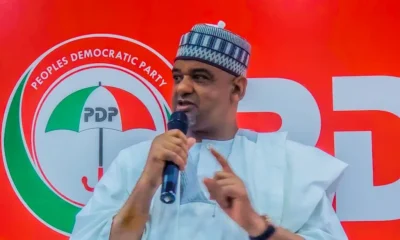

APC more divided than PDP – Damagum declares as he receives defectors


Trailer crashes on Lagos-Ibadan Expressway


2027 GENERAL ELECTION: Peter Obi is a “Social Media Candidate” – Wike


Davido releases 5th studio album, ‘5ive’


Gov Soludo is a greater supporter of Innoson group but our Office in Anambra was demolished without pre-notification from government— Innoson Group
Health
Katsina targets three million children for polio immunisation — Official
Published
2 days agoon
April 16, 2025By
Ekwutos Blog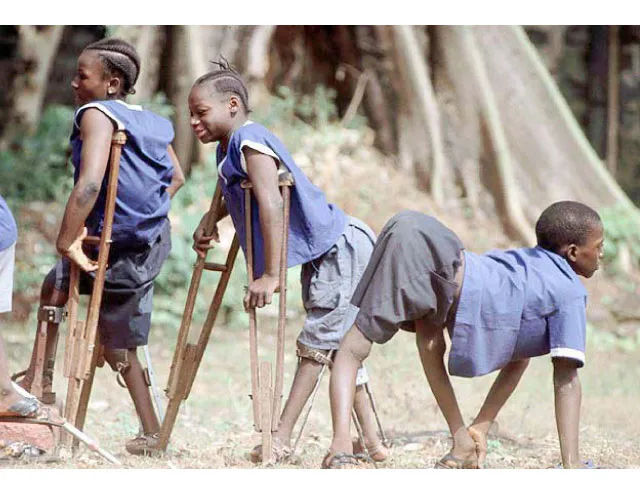
The Katsina State Primary Healthcare Development Agency (SPHCA) says it is targeting not less than three million children during the polio immunisation campaign scheduled for 26 -29 April.
Its Executive Secretary, Shamsudeen Yahaya, made the disclosure on Tuesday at a media dialogue with UNICEF, Katsina State Government officials and partners on polio and routine immunisation in the state.
Mr Yahaya said the exercise was aimed at creating awareness of the importance of immunisation in saving children from preventable deaths.
He, therefore, urged the media to continue to enlighten caregivers and other stakeholders on the importance of immunisation.
He revealed that the state has 1,636 health facilities providing routine immunisation services for children.
Mr Yahaya said the government would engage 3,700 independent monitors to ensure that each eligible child is reached during the campaign.
In his remarks, the Officer-in-Charge (OIC), also the Nutrition Manager of UNICEF Kano Field Office, Karanveer Singh, stressed the need to immunise every child against polio and other deadly diseases.
Mr Singh revealed that polio is highly infectious, warning, “Once a child is infected with the virus, he or she is permanently paralysed.”
The officer explained that every round of immunisation is important, as is immunising every child until the virus is completely eradicated.
He added that immunisation is the backbone of any eradication programme, hence the need for caregivers and other stakeholders to intensify efforts in ensuring that all children below five years are fully immunised.
Health
We must stop contaminating our rivers and streams in the name of ‘odinani’ (tradition)—- Gov Chukwuma Soludo
Published
6 days agoon
April 13, 2025By
Ekwutos Blog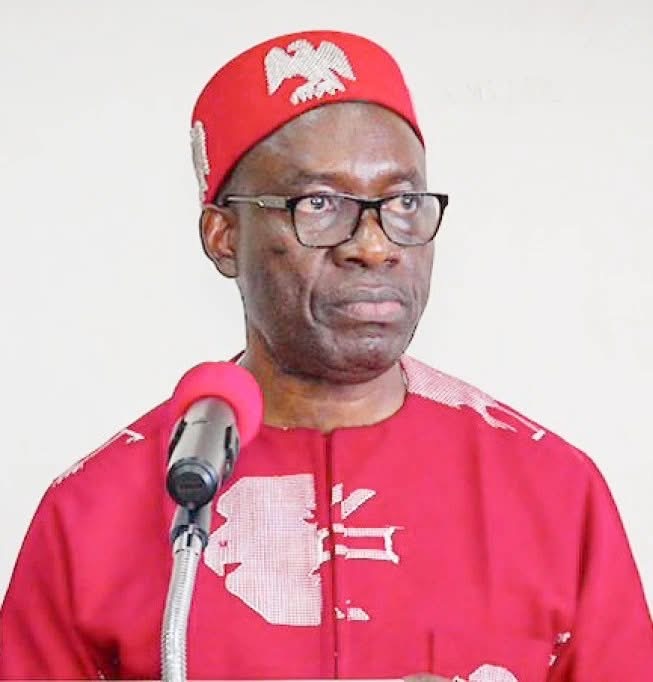
In a recent address to All Progressives Grand Alliance supporters in Awka, Anambra State Governor Chukwuma Soludo raised concerns about pollution of local streams and rivers by native doctors during rituals. He stated, “We must stop contaminating our rivers and streams in the name of ‘odinani’ (tradition). Many depend on that water for drinking and cooking.”
According to Daily Trust, Governor Soludo urged practitioners to be responsible, saying, “If you must perform rituals, use a container—like a bucket—and carry out your practices there. Do not pollute our public water sources.” He emphasized that polluted water can lead to serious health issues, declaring that “we do not want that for our communities.”
He addressed the backlash from a crackdown on native doctors suspected of criminal behavior: “I am not targeting legitimate traditional worshipers but those who defraud and deceive people.” His aim is to eliminate fraudulent actors while respecting cultural practices.
He highlighted the need for balance: “We can embrace our traditions while ensuring the safety and health of our communities.”
Health
NAFDAC Begins Gradual Reopening of Shops at Ogbo-Ogwu Drug Market in Onitsha
Published
1 week agoon
April 11, 2025By
Ekwutos Blog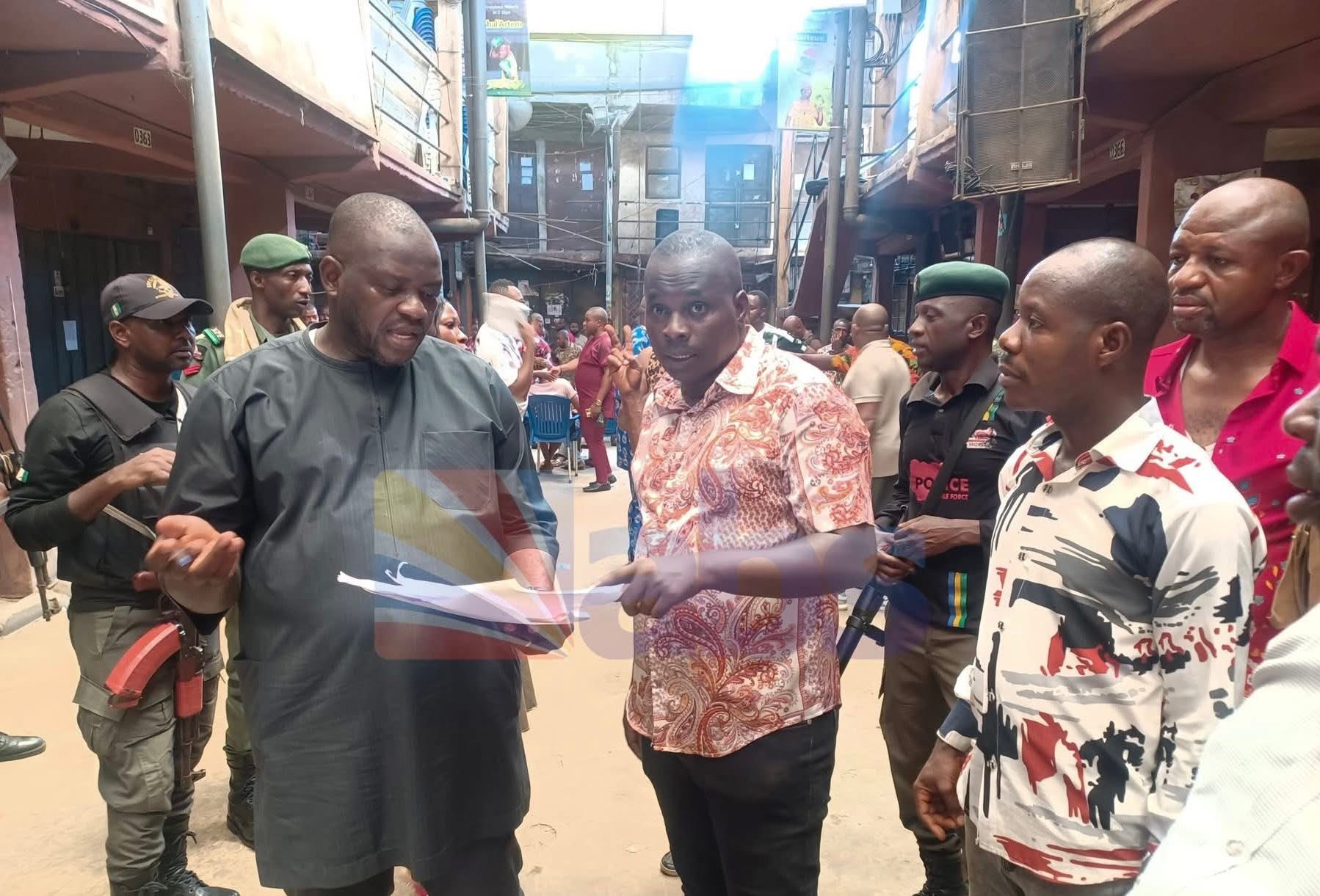
The National Agency for Food and Drug Administration and Control (NAFDAC) has commenced the gradual reopening of shops at the Ogbo-Ogwu drug market in Onitsha.
This development follows the agency’s closure of the market on February 10, 2025, due to concerns over the sale and distribution of counterfeit, unregistered, and substandard drugs.
The unsealing exercise is being led by a Deputy Director of NAFDAC, Mr. Tunji Omoyemi.
According to NAFDAC, traders whose shops meet the required safety and documentation standards are being cleared to resume business operations.
Addressing the traders, the market chairman, Mr. Ndubuisi Chukwulota, urged full cooperation with the agency to facilitate the swift resumption of commercial activities.

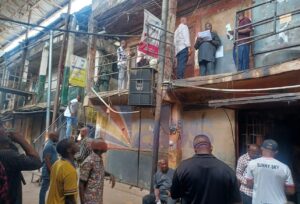
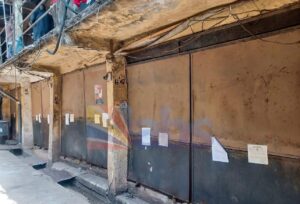
Credit: Anambra Broadcasting Service

IMO GOVERNMENT DISOWNS FRAUDULENT SIENNA LEVIES, ORDERS CRACKDOWN ON EXTORTIONISTS

PRESIDENT TINUBU’S EASTER MESSAGE TO THE NATION

APC more divided than PDP – Damagum declares as he receives defectors
Trending

 Trending6 months ago
Trending6 months agoNYA demands release of ‘abducted’ Imo chairman, preaches good governance
- Business6 months ago
US court acquits Air Peace boss, slams Mayfield $4000 fine

 Politics6 months ago
Politics6 months agoMexico’s new president causes concern just weeks before the US elections
- Entertainment6 months ago
Bobrisky transferred from Immigration to FCID, spends night behind bars
- Entertainment6 months ago
Bobrisky falls ill in police custody, rushed to hospital

 Politics6 months ago
Politics6 months agoRussia bans imports of agro-products from Kazakhstan after refusal to join BRICS

 Politics6 months ago
Politics6 months agoPutin invites 20 world leaders
- Politics1 year ago
Nigerian Senate passes Bill seeking the establishment of the South East Development Commission.
